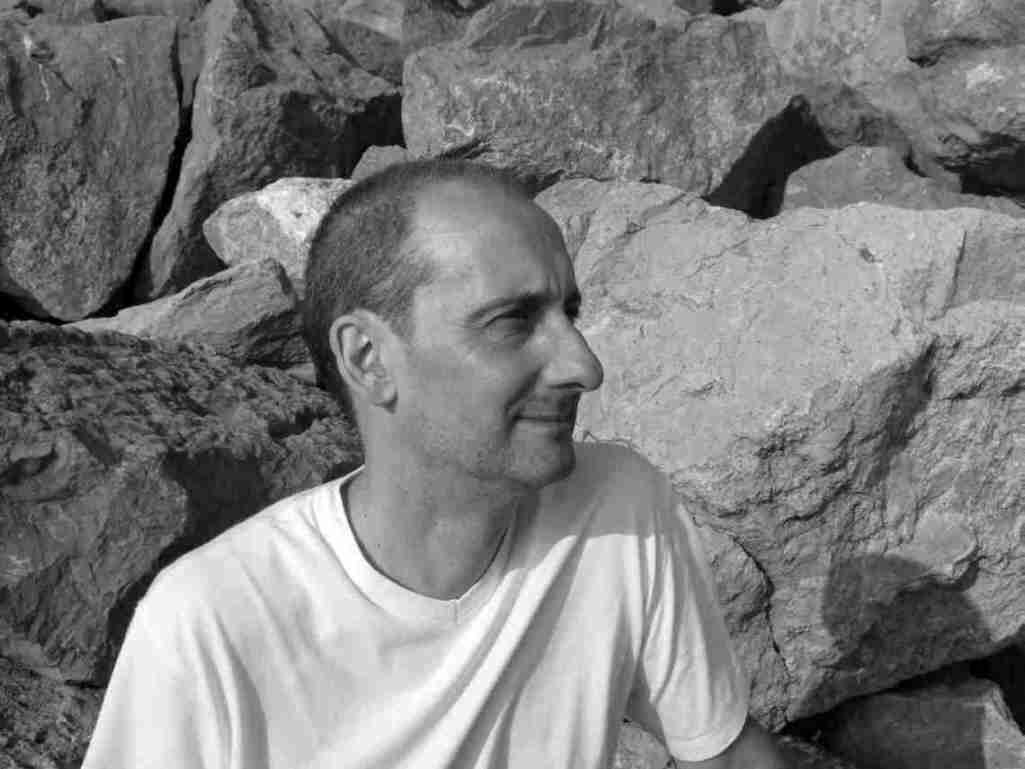
La Porte Étroite is a French novel written by André Gide published in 1909. It is a very sad and moving story[citation needed] which probes some of the complexities and terrors of adolescence and growing up. Based on a very Freudian interpretation, the story uses the influences of childhood experience and the misunderstandings that can arise between two people.
It was translated into English by Dorothy Bussy as Strait is the Gate.
The story is set in a French north coast town. Jerome and Alissa as 10-11 year olds make an implicit commitment of undying affection for each other. However, in reaction to her mother's infidelities and from an intense religious impression, Alissa develops a rejection of human love. Nevertheless, she is happy to enjoy Jerome's intellectual discussions and keeps him hanging on to her affection. Jerome thereby fails to recognise the real love of Alissa's sister Juliette who ends up making a fairly unsatisfactory marriage with someone else. Jerome believes he has a commitment of marriage from Alissa, but she gradually withdraws into greater religious intensity, rejects Jerome and refuses to see him. Eventually she dies from an unknown malady which is almost self-imposed. Wikipedia
André Paul Guillaume Gide (22 November 1869 – 19 February 1951) was a French author and winner of the Nobel Prize in literature in 1947. Gide's career ranged from its beginnings in the symbolist movement, to the advent of anticolonialism between the two World Wars.
Known for his fiction as well as his autobiographical works, Gide exposes to public view the conflict and eventual reconciliation between the two sides of his personality, split apart by a strait-laced education and a narrow social moralism. Gide's work can be seen as an investigation of freedom and empowerment in the face of moralistic and puritanical constraints, and gravitates around his continuous effort to achieve intellectual honesty. His self-exploratory texts reflect his search of how to be fully oneself, even to the point of owning one's sexual nature, without at the same time betraying one's values. His political activity is informed by the same ethos, as suggested by his repudiation of communism after his 1936 voyage to the USSR. Read more

Above image: Portrait d'André Gide par Théo van Rysselberghe Détail de La Lecture par Emile Verhaeren.


No comments:
Post a Comment